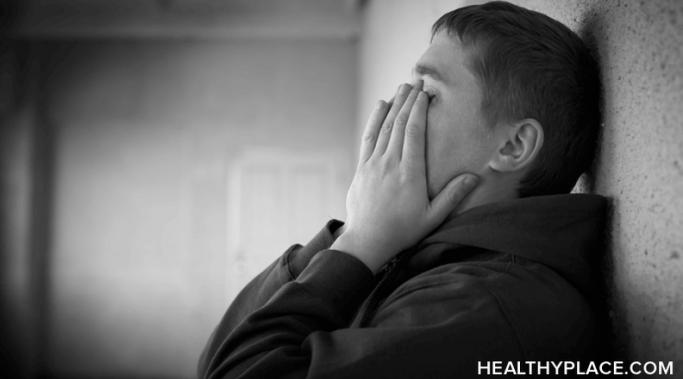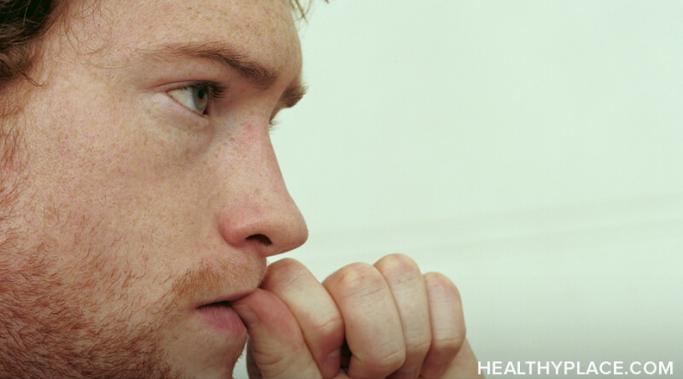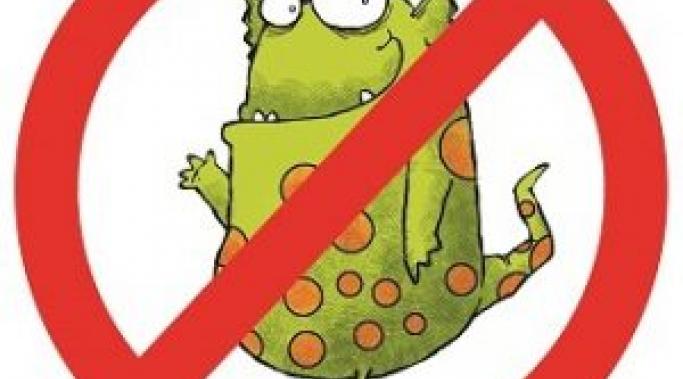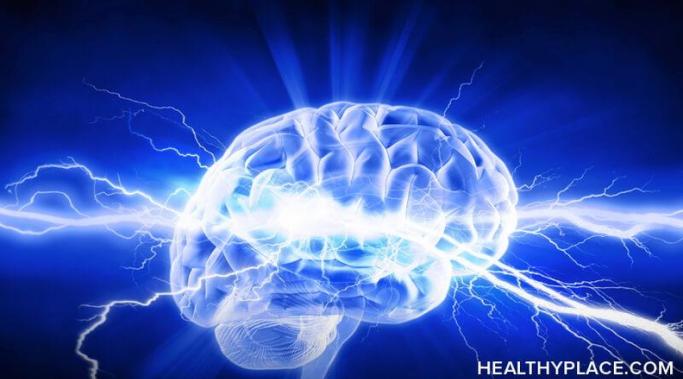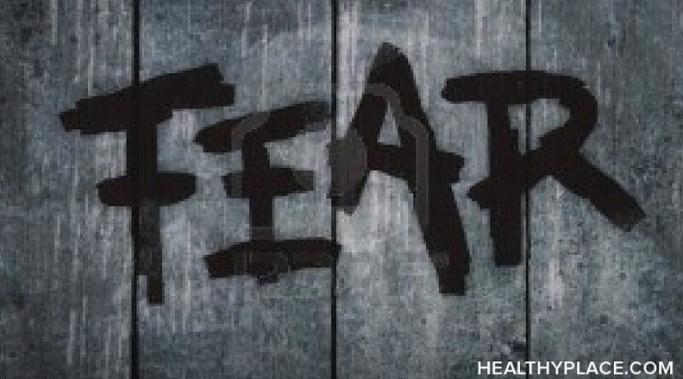Many people who suffer from anxiety and panic disorder, me included, have trouble explaining to others why we are having anxiety. Folks understand the traditional “butterfly in the stomach” analogy as to what anxiety feels like and can relate to feeling anxious about visiting the dentist.
However, the part the really confuses people is how one can be anxious about something when the “something” doesn’t appear to exist.
Anxiety Symptoms – Anxiety Schmanxiety
What’s worse than a panic attack? Having panic induced publicly. In many cases, the public display of anxiety is more troubling than the attack itself. Having an anxiety attack is quite a bit to worry about and adding in the concern for how you are perceived by the people watching is another level entirely.
If physical health was truly the gold standard for living well, instead of just the perception, I would be the luckiest man in the world. In my adult life, I haven't had the sniffles for more than a couple days. Frankly, my biggest physical flaw is that, as a redhead, my skin burns when I pass a beach-themed vacation poster.
Reality and perception are very different things. While my physical health can be defined as "pretty good for a middle aged guy," my mental health is best described as "dude, where are your pants?"
Like over 40 million people in the United States, I have an anxiety disorder. Two, actually: generalized and social. When living with anxiety, sometimes we're in control. Sometimes, though, anxiety is in control and it seems to chase and overpower us. I recently connected with psychologist and author Dr. Dan Peters, who calls anxiety the Worry Monster. That's apt. Just what does this monster do to people, and can we tame it?
It’s no secret that anxiety is very difficult to ignore. Anxiety can be loud and demanding, and as a result, we focus on it. It’s very natural for us to do that, but sadly, focusing on anxiety can make it grow. We need to ignore anxiety by focusing on what anxiety is not.
It can be confusing and frustrating. All around you, you see others attending meetings, luncheons, study groups, parties, and activities. "Everyone" seems able and willing to do so. But for you, the mere thought is horrifying. So what's up? Are you "simply" shy? Is it something more than that? The answer is actually quite personal.
When you live with anxiety, it's frustrating to be told that it's "all in your head." Great news: you can begin to let go of this maddening annoyance. Anxiety isn't "in your head." Why? Because it is in your head. Literally. Anxiety is in your brain.
The idea that fear and anxiety are tightly woven together is widely accepted by mental health professionals. I agree, and you might too. But is anxiety only the fear of fear itself?
Have you ever experienced a restlessness that goes beyond restlessness? Perhaps you've felt at times as though you were going to explode out of your own skin. Maybe your anxiety has sometimes completely prevented you from relaxing no matter what you do to bring a sense of tranquillity. When calming activities agitate rather than soothe, do the opposite: take action, repetitively.
Anthony D'Aconti
The recommended self-help strategies for coping with anxiety, particularly to conquer performance anxiety before big meetings and public speaking, seems to be "Stay calm." However, a recent study suggests that getting excited, the exact opposite of remaining calm, may be more effective at conquering performance anxiety.

